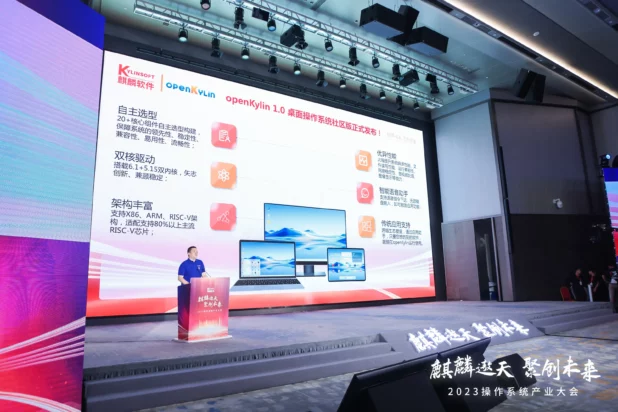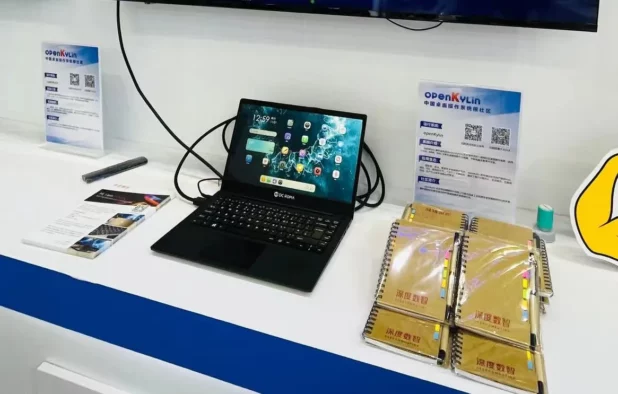#China‘s first open-source desktop operating system (#OS), #OpenKylin 1.0, was released on July 5, a breakthrough in building independent system #software. The Linux-based OS was built by a community of 3,867 developers, 74 special interest groups and 271 enterprises, according… pic.twitter.com/OOSBjvopcT
— Zhang Heqing (@zhang_heqing) July 6, 2023
China Wed released its 1st open-source desktop OS – OpenKylin 1.0, a breakthrough in building independent system software. Kylin OS series, which is also used in smartphones, has been applied in China’s space programs, including Chang’e lunar missions & Tianwen Mars missions. pic.twitter.com/FdlTYOUBDD
— People’s Daily, China (@PDChina) July 6, 2023
China’s Linux (Android-knock-off) phones are fine.
There are a lot of options with Linux now.
Steam is making some serious gains with the SteamOS gaming systems.
China has released its first homegrown open-source desktop operating system, named OpenKylin, state media said, as the country steps up efforts to cut reliance on U.S. technology.
Released on Wednesday, and based on the existing open-source Linux operating system, China’s version was built by a community of about 4,000 developers, and is used in its space programme and industries such as finance and energy, they added.
China’s massive market for operating systems was worth 15.5 billion yuan ($2.1 billion) last year, state media said, citing an industry report.
Developing an operating system independent of U.S. technology has been an important goal for China’s tech industry in recent years, with many companies and organisations having contributed to the development of the OpenKylin system.
It most notable backer is the China Industrial Control Systems Cyber Emergency Response Team under the purview of the industry and information technology ministry.
Linux is already used for servers. I don’t see anything preventing it from being a serious home-computing alternative.
In fact, those Chromebooks were fine, weren’t they?
I never had one, but heard they were fine.
Windows is now virtually nonviable – not only because it is controlled by the West, but because it has almost totally stopped working. It’s just a complete nightmare. The majority of people refused to accept Windows 11. This is not a good situation, when you have people hating every new piece of software you release more than the last.
It’s really just a matter of time until something replaces Windows. Frankly, AI should cause Linux development to jump by leaps and bounds, more or less overnight. It can write new code, and, perhaps more importantly, it can go back and clean up and streamline existing open sores code.
China currently has several (more than a dozen, last time I checked) different ongoing Linux projects that are getting funding from the government, which is seeking to decouple their computer systems from the West.
It’s hard work, but I’m hopeful.




